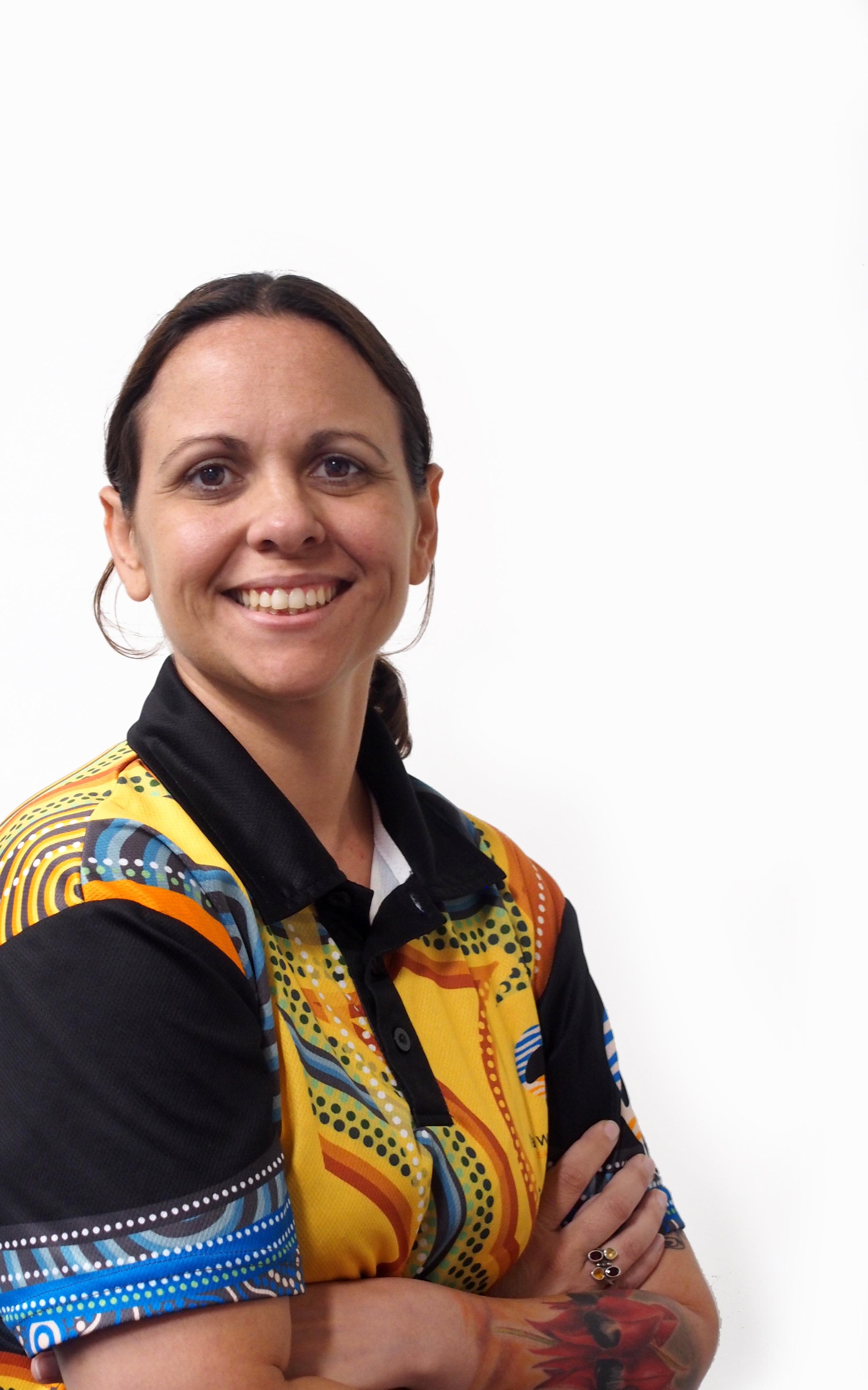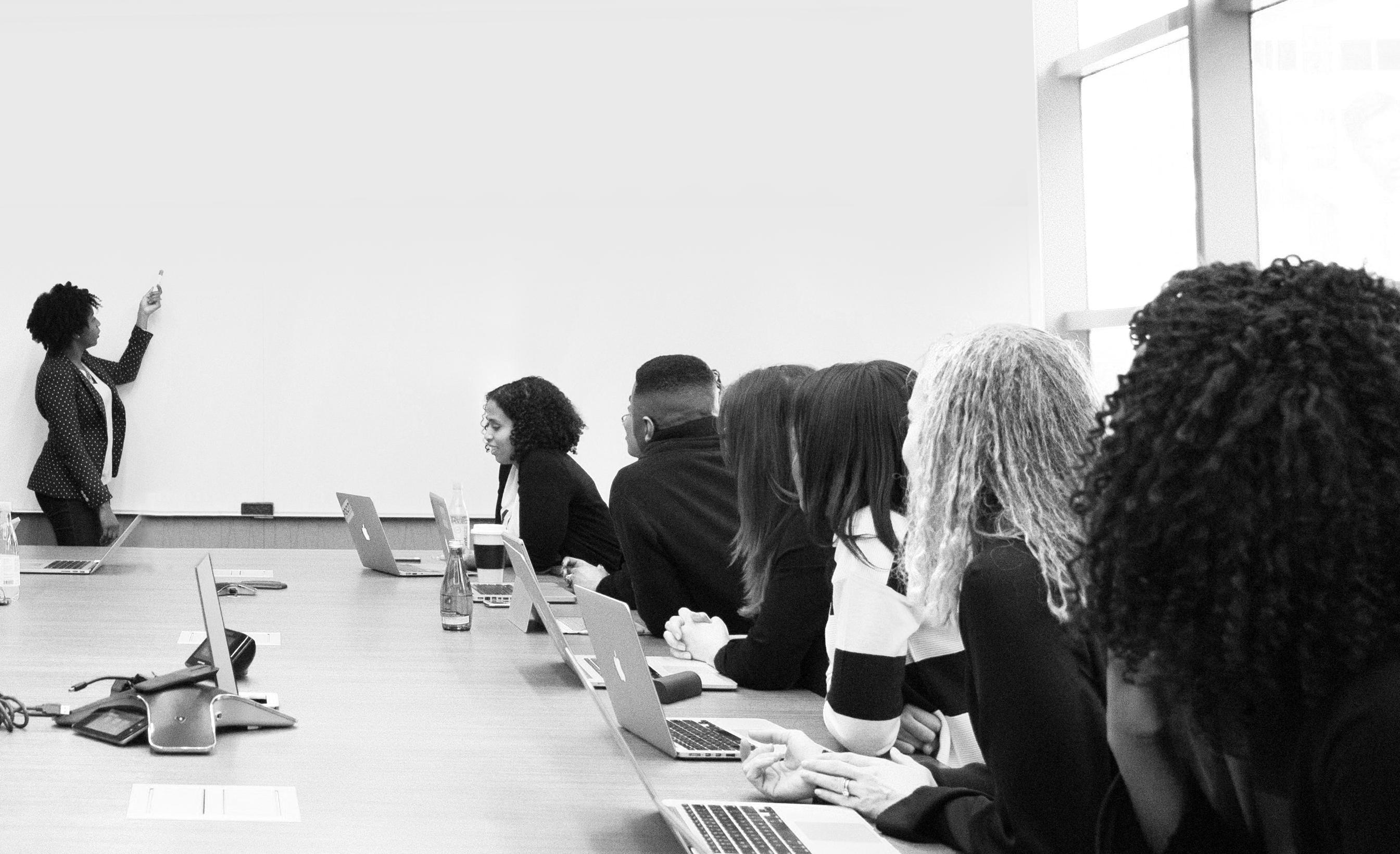
3 minute read
ARE YOU AN EMPATHETIC LEADER?
he Prime Minister has received considerable T criticism of late for his reliance on the counsel of his wife, Jenny, to help him empathise with the experience of women. The criticism is that he should not have to consider a female staffer’s alleged rape and lack of subsequent support as if it were happening to one of his daughters, to be able to empathise.
However, Mr Morrison is not unique in empathising more with people with whom he identifies closely.
Advertisement
Many of us experience a proximity bias. We feel more for those we perceive as closer to us. This is called inter-group empathy, where we experience more empathy for people who sit within the same groups as us, compared to those who sit in groups outside of ours. We can see this in many examples; the empathy we feel, the amount of news we consume and the direct actions of support we take when a natural disaster happens in our country, or in a country where people look, sound and live in a way similar to us. Compare this to our attention and actions when events occur in parts of the world and to people we’re not as familiar with. Even within our own country, the way we follow stories about people from our own cultural and socio-economic backgrounds, versus people who live very differently to us demonstrates this proximity bias.
If someone is like us then we have more empathy, pay more attention and push for action. This is an example of us othering. Rather than seeing our commonality with someone as a human, we have focused on the categories that differentiate us. We’ve separated from their humanness and see them as an ‘other’ instead. The problem with this is that any leader, especially a Prime Minister, needs to be able to lead a diverse community, many of whom they may not have a direct line of comparison with. They need to be able to have empathy with experiences very unlike their own if they have any hope of representing us fairly and adequately. For too long this has not been considered important.
Your experience can create a point of reference for you but be careful not to confuse your experience with another’s. Your experience will not be universal and shouldn’t be imposed on others. Understanding someone else’s experience takes listening and reflecting, but listening is most important. Sometimes listening to someone’s experience can feel distressing, especially if the person has experienced trauma, discrimination or marginalisation. It’s a skill to learn to listen and hold that space for their distress and not try to railroad over it.
Empathy is about taking someone else’s perspective and seeing the world through another person’s eyes, without judgement, without trying to change them or to solve their problems, or to save them (especially if this is done to remove your own discomfort). The good news is that both listening and empathy are skills that can be learned.
If you wish to learn more about different types of empathy and build your skills in this critical area, for all people, and especially for leaders, have a look at our eLearning courses.
Learning from the oldest continuous culture in the world
Written by Tasha Broomhall
Many Australians, both those born here and the almost 30% of us who were born overseas, have limited knowledge of Aboriginal and Torres Strait Islander cultures. Our history taught in schools has been woefully inadequate and, in many cases, inaccurate. Many of us still hold stereotypical ideas of Aboriginal people and cultures.










